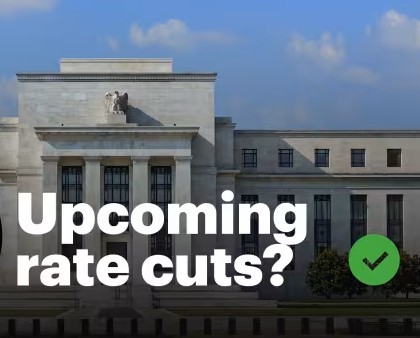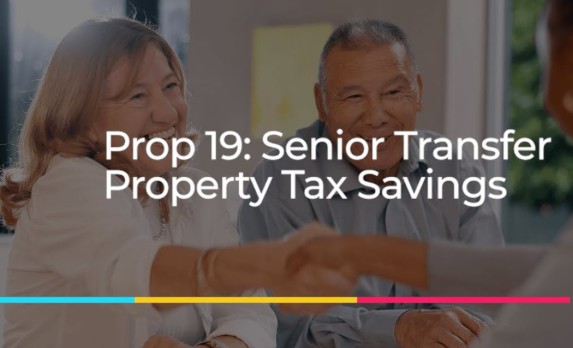What is an escalation clause?
An escalation clause (also called a relative bid or “sharp” bid) is a provision added to an offer or counteroffer where the buyer offers to pay more for a property than another prospective buyer(s) without knowing the price offered by the other buyer(s). For example, an offer that states, “The purchase price shall be $1,000 higher than any other offer,” contains an escalation clause.
Should there be a cap indicating the maximum price? For example, should the buyer offer “XXXX dollars more” than any other offer but “not to exceed” a certain maximum price?
On the face of it, this seems like a good idea since it limits the buyer’s exposure to paying an exorbitant price in the event another buyer makes an outrageously high offer. But, on reflection, in the typical real estate scenario it has a fatal flaw. Once the buyer makes known the cap amount, the buyer has given away the maximum price at which they are willing to buy. If the seller has not received an offer as high as the maximum set by the escalation clause, the seller, armed with this information, can then simply counter at that maximum price or use it as leverage to get more from other prospective purchasers. Either way there is a problem for buyers. Without the cap, they risk being bound to an outrageously high price. But with the cap, they’ve given away critical information to the seller about how much they are willing to pay.
Should there be a floor price establishing the minimum amount the buyer is offering to pay? For example, should the buyer offer “XXXX dollars or $1,000 higher than any other offer received, whichever is greater”?
There are pros and cons to such a provision. On the plus side, in the event there is no competing offer, then the buyer’s offer, if accepted, would still create a binding contract. Thus, by including a floor price the buyer adds certainty to the offer that is the equivalent of an offer without an escalation clause. On the other hand, if no other offer matched the buyer’s floor price, the buyer will wind up paying more than if the buyer had only included an escalation clause.
Should the buyer include a provision that allows for verification of the next highest competing offer?
Yes. Since the buyer is making an offer dependent upon the offers of other buyers, it makes sense that the buyer should be able to verify that those other offers were in fact bona fide offers. The buyer may include language such as: “Seller shall, upon acceptance, provide buyer with a copy of the highest offer received. Buyer has a right to contact that prospective purchaser making that offer, or his or her agent, to verify the validity of that offer and that the other offer is in fact a bona fide offer.”
Should the buyer be cautioned against making an offer with an escalation clause?
Yes. Given that the enforceability of such a contract is not 100% assured, and given the potential pitfalls as discussed in the previous questions, the buyer should be advised to speak with their own legal counsel prior to making such an offer.












